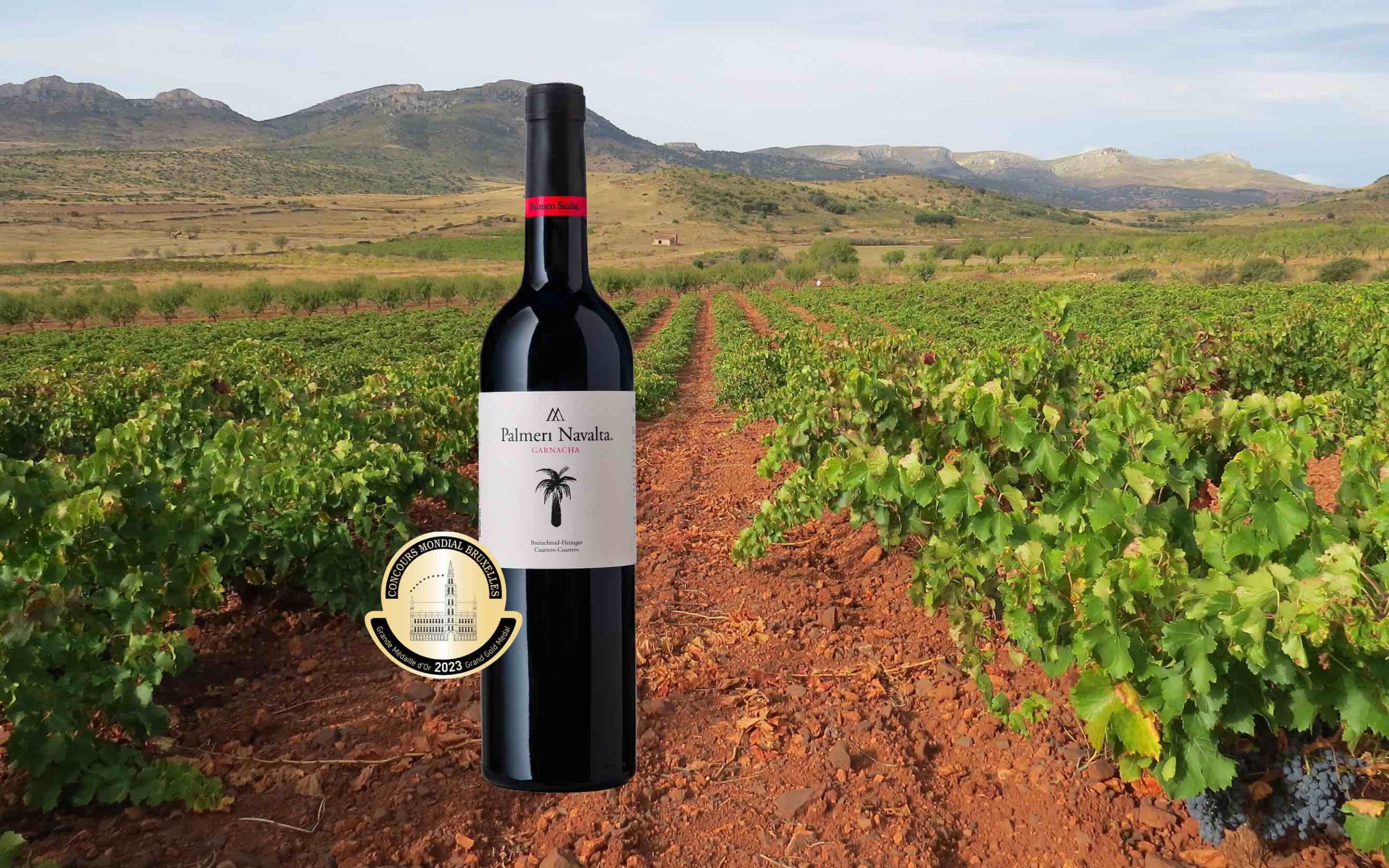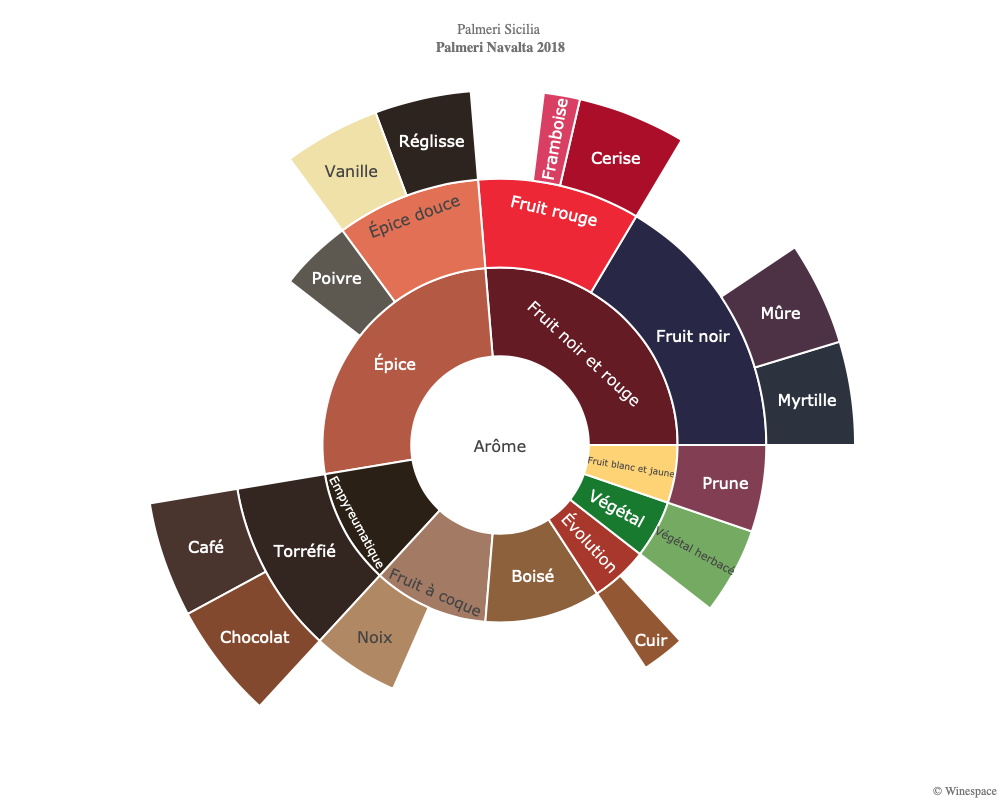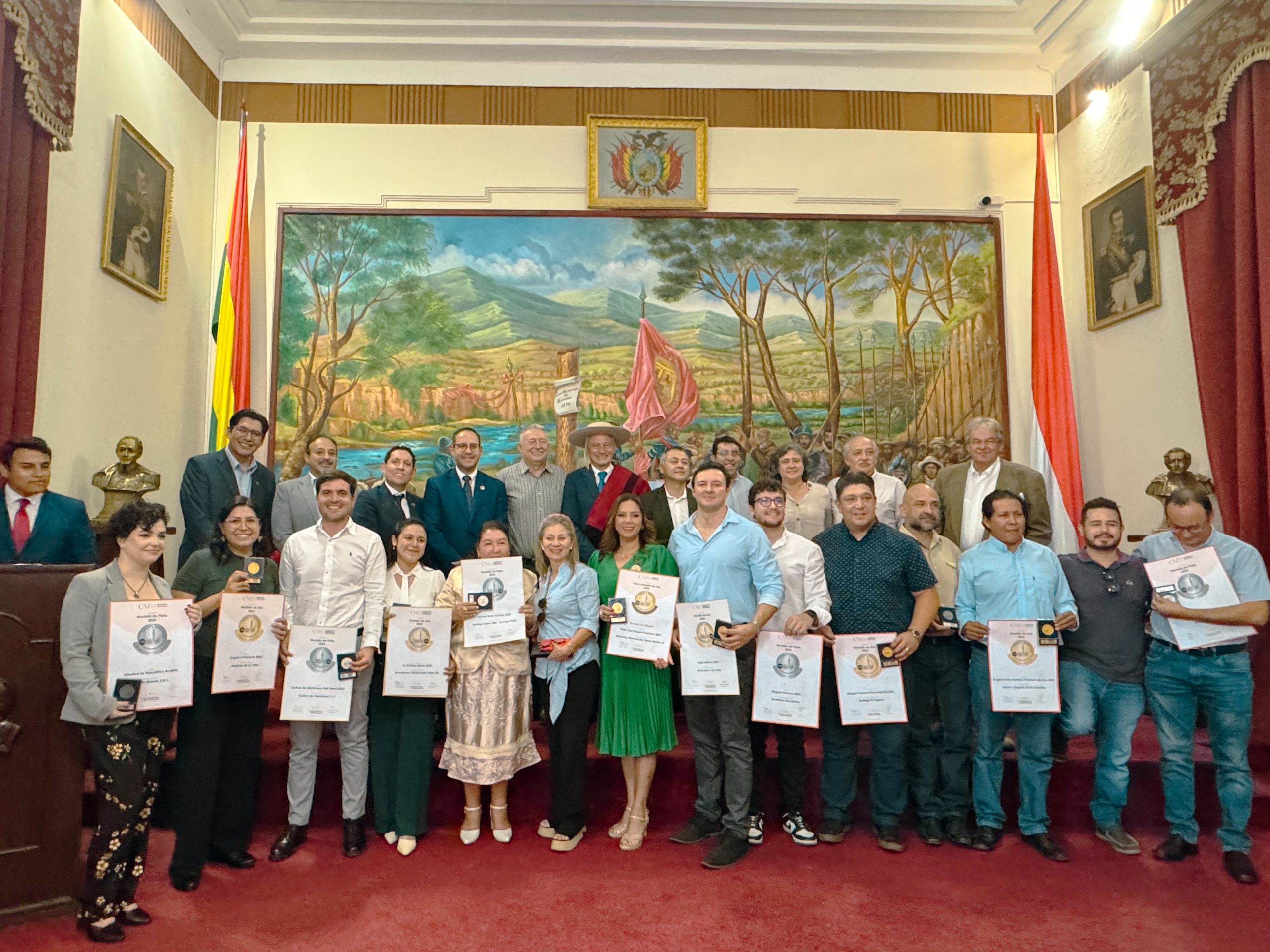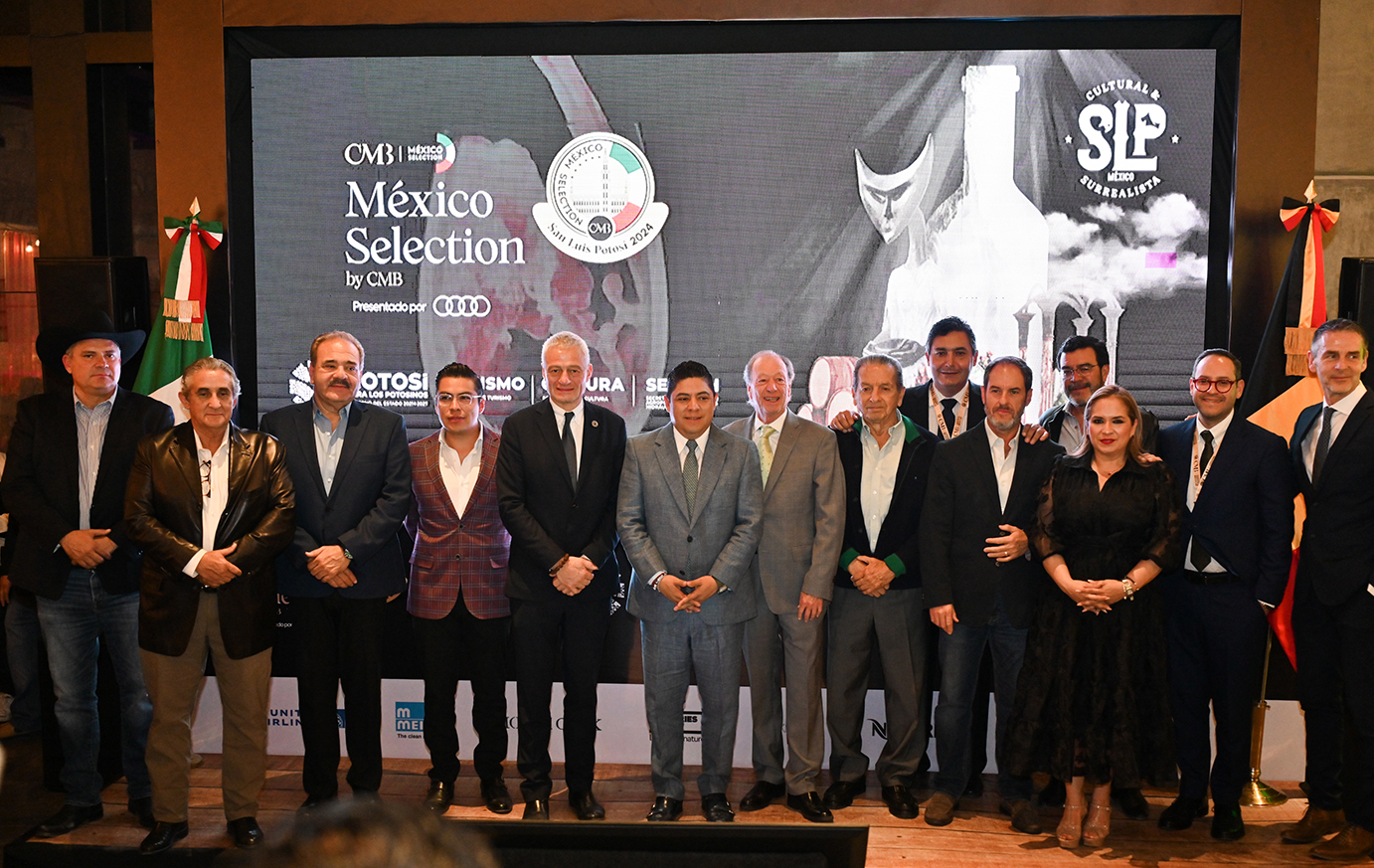Spanish Garnacha Shines as Organic Wine Revelation at CMB 2023

Spain Continues to Enhance its Reputation as a Leading Organic Wine Producer
Amidst a selection of 1,100 organic wines from across the globe, a Garnacha from Spain emerged as the top Organic wine in the 2023 edition of the Concours Mondial de Bruxelles. The Palmeri Navalta 2018 garnered the highest score from the jury within the organic category, thereby earning the prestigious title of the International Revelation Organic Wine 2023. Over the past decade, Spanish organic wine submissions have grown fivefold, now representing nearly 14% of all organic entries in the competition.
The recipient of this year’s organic wine award is Palmeri Sicila winery from Aragon, renowned for its creation of premium organic wines exclusively from Garnacha grapes. Some of their vineyards, aged over 45 years, yield concentrated, superior-quality grapes.
Named after the majestic Nava Alta mountain range that envelops its vineyards, Palmeri Navalta 2018 is a meticulously crafted wine. The grapes are hand-picked with precision, and the fermentation process is temperature-controlled, entirely free from chemical intervention. This exquisite crianza wine undergoes a 12-month aging period in French oak barrels, followed by an additional 12 months of refinement in the bottle. Crafted in alignment with organic viticulture principles, it epitomizes quality and sustainability.

Grape variety: Grenache (100%)
Maturation: 12 months in barrel
Price: 35.00 – 40.00 Euros.
Alc: 15%
Tasting notes:
Bright cherry red color with violet hues. Perfumed and complex with aromas of red cherries and ripe strawberries with spicy notes of white pepper and hints of oak and cedar from the barrel. Powerful and full-bodied on the palate, balanced with fresh acidity and elegant, ripe tannins. Long finish with fruity aromas in the aftertaste. Ideal consumption temperature: 16 – 18 °C

The triumph of Palmeri Navalta 2018 illuminates Spain’s ever-growing prominence as a leading producer of organic wines. Spain’s organic wine industry is garnering heightened interest in the context of more sustainable agriculture. The area dedicated to organic wine cultivation in Spain increased by 8% in 2020, reaching 131,183 hectares, accounting for 14% of the total vineyard area and 26.88% of global organic vineyards. Spain thus leads in organic vineyards, surpassing Italy, France, and China. From 2009 to 2020 the organic vineyards area in Spain has nearly tripled from 53,958 ha to 131,183 ha. Moreover, the number of wineries producing organic wine rose from 408 to 1,214, constituting 14% of all wineries in the country. The main organic wine producing regions in Spain at present are Castile-La Mancha, Catalonia, Murcia and Valencia. Andalusia has ealso xperienced notable growth in recent years.
Spain’s prominent position in global organic wine production can be attributed, in part, to its meteorological conditions. The country’s predominantly dry climate in many regions and most years reduces exposure to pests and diseases, resulting in less need for intensive treatments to mitigate losses. Additionally, organic production contributes to environmental preservation and rural development.
Nevertheless, efforts are still required in terms of certification—a key factor for consumers in recognizing organic or sustainable wines. An association named Spanish Organic Wine (SOW) aims to assist its members in marketing their products abroad, given the challenges of the domestic market.
With the benefits offered by European Union-certified organic wineries, which stand to gain greater recognition due to the sustainability trend and the demand for wholesome food and beverages, the president of SOW , Rodolfo Valiente appeals: “Currently, our wines are more highly valued, so we must capitalize on this circumstance and emphasize their worth.“

Historically, Germany and the Scandinavian countries have constituted the primary market for Spanish organic wines. However, these wines are now gaining esteem across Europe, as well as in the US, Japan, and South Korea.
Globally, organic wines are achieving improved positions in the market, embodying socially accepted values, and maintaining high levels of quality. Yet, the Spanish domestic market poses greater challenges. Rodolfo Valiente explains, “Spanish wine consumers’ preferences still tend to favor what they consider secure values, particularly concerning the wine’s origin and traditional classifications such as young, oak-aged, reserve, etc.” Consequently, instilling confidence in Spanish consumers that domestic organic wines uphold quality stands as a primary goal for the SOW association. Encouragingly, there appears to be a positive trend in certifying new vineyards, particularly over the last five years.
The evolution of organic wines in Spain showcases a strong commitment to sustainability and environmental stewardship in the wine industry. Spanish winemakers have embraced organic practices, leading to a wider range of high-quality organic wines that appeal to eco-conscious consumers around the world.
Valentina Phillips


